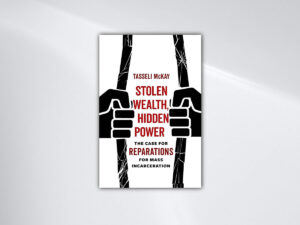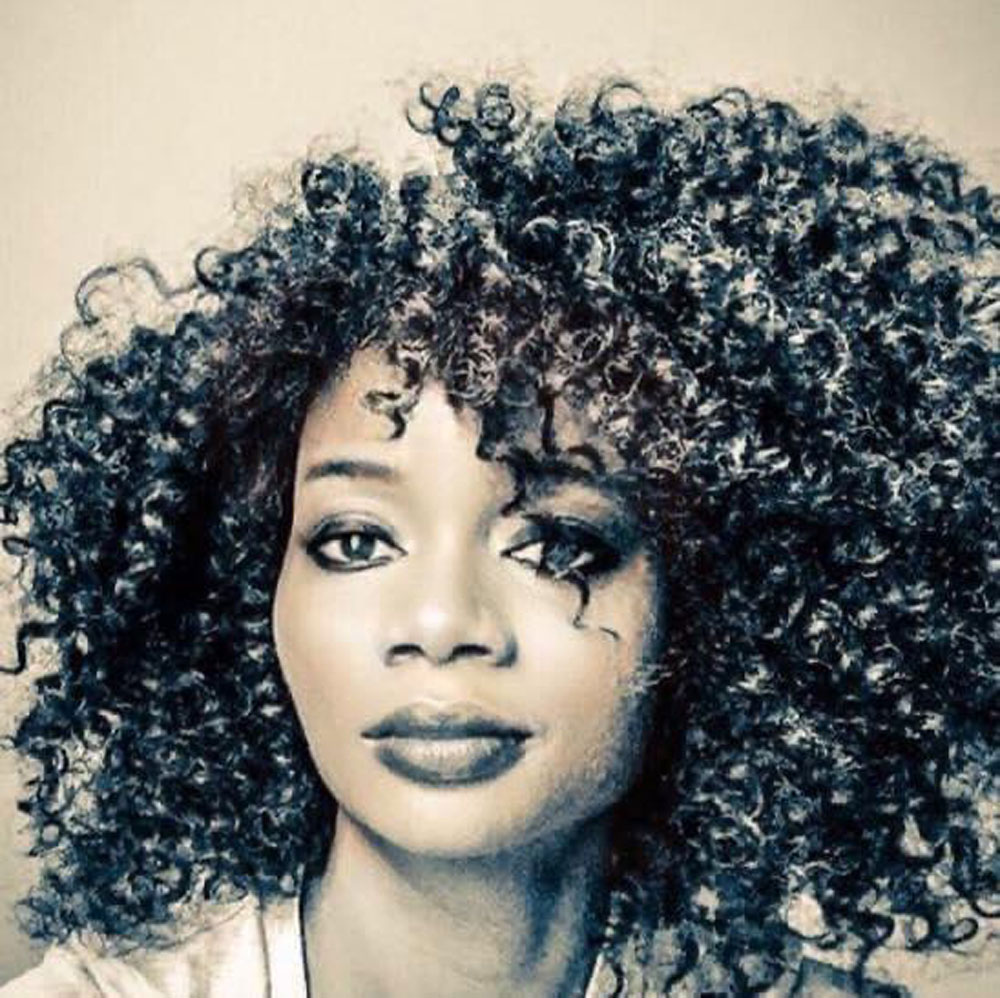
As we slam the door on a difficult year, our latest Tiny Spark podcast takes a look at how seismic events like the coronavirus pandemic and the growing movement for the rights of Black people could affect international development. Is it maybe time to slam the door on the whole sector? Or could this be a portal to a new way of doing things.
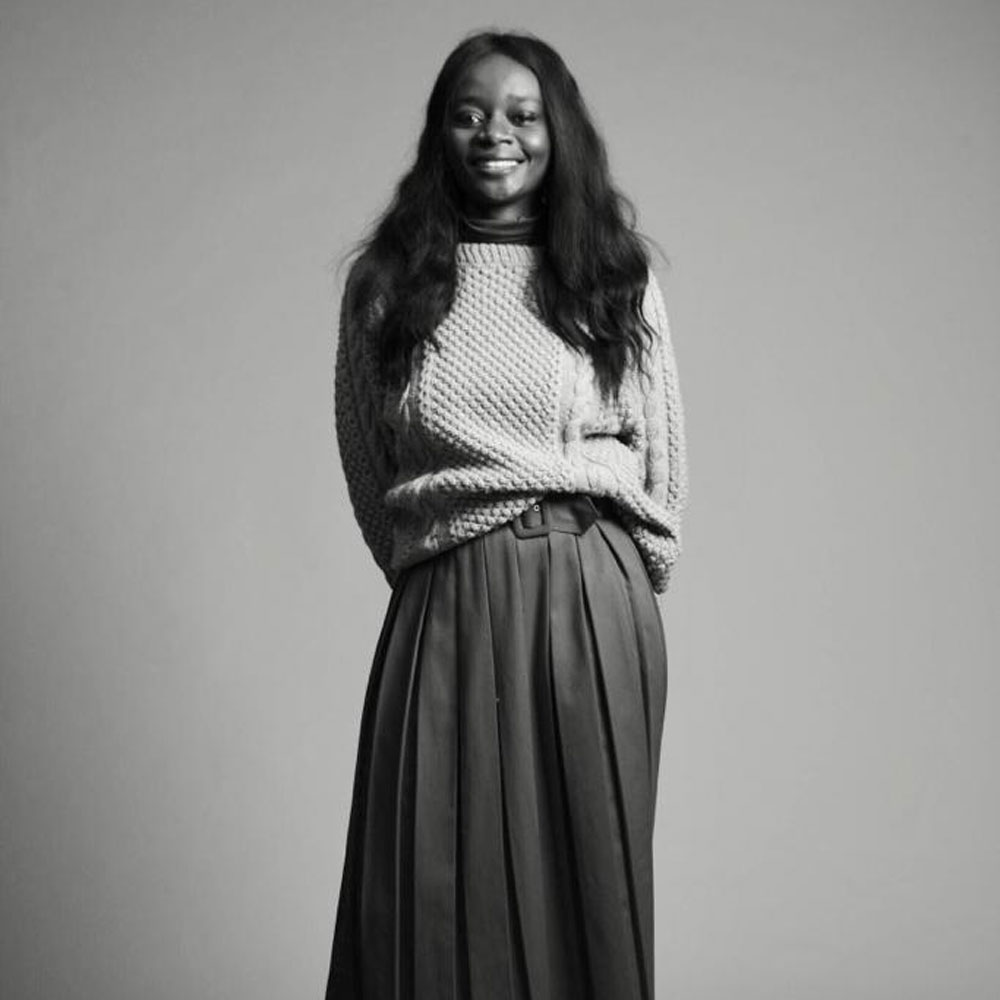
“COVID-19 is very interesting in that sense because it’s an emergency that people can’t do the usual ‘I’m-going-to-fly-out-there-and-I’m-going-to-tell-you-what-to-do-and-I’m-going-to-put-my technical-expertise-on-the-ground,’ because ain’t nobody flying nowhere. And people are really, in a lot of countries seen as the global poor, doing a lot of really interesting solutions, local solutions themselves, which they have been doing for time immemorial. There’s almost like a gold rush when there is an emergency. No one wants to admit that, but like emergencies make some people who are Caucasian, white and from the western world, it makes their careers. And this is one emergency they can’t fly in, so I’m seeing a paradigm shift in a way, which is good, in terms of, you can’t get out there, so people are left alone to basically drive the change they’ve always been driving.”—Dorcas Erskine, World Bank and UNICEF consultant, former director at Action Aid & founder of WeCie.
Jessica Horn, Dorcas Erskine and Rosebell Kagumire are feminists with deep experience in development and humanitarianism. We sat down with them to discuss the sector’s racist and colonial roots.
Sign up for our free newsletters
Subscribe to NPQ's newsletters to have our top stories delivered directly to your inbox.
By signing up, you agree to our privacy policy and terms of use, and to receive messages from NPQ and our partners.
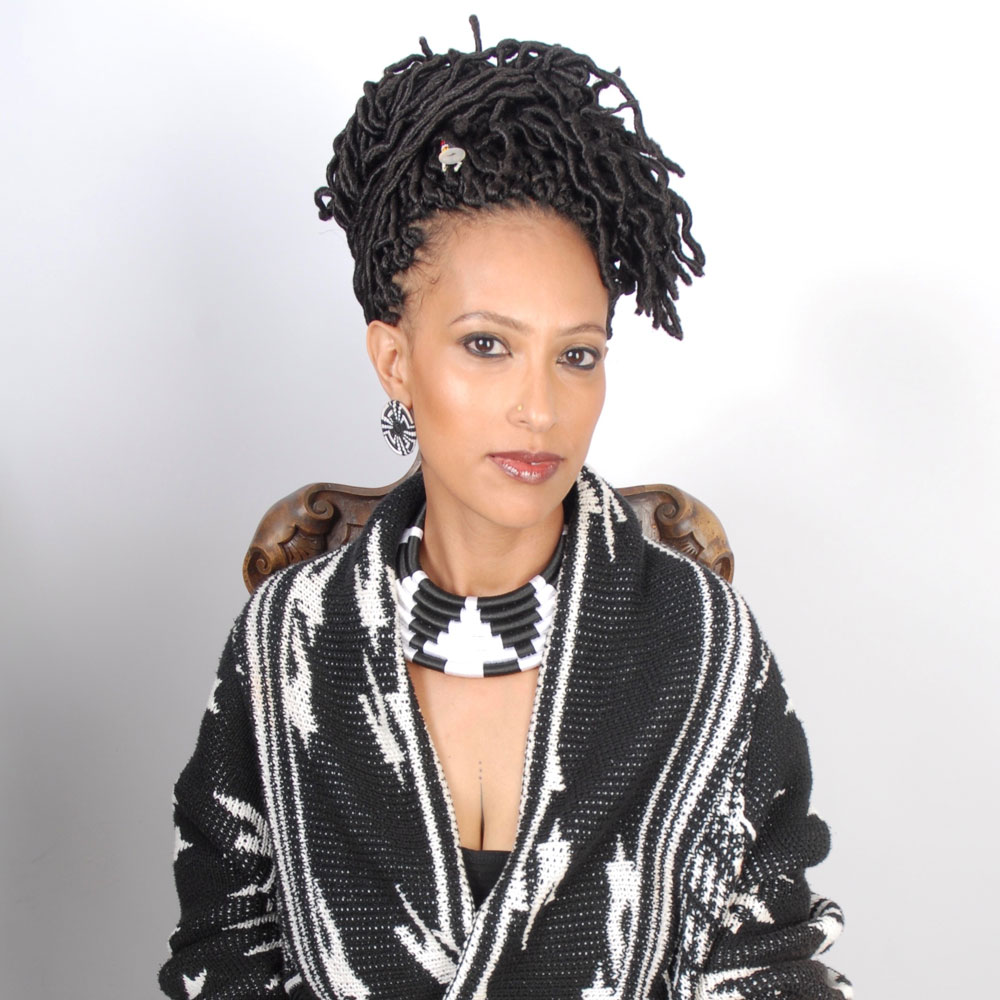
“From its root, it had this idea that there were regions of the world that did not have ‘development.’ And part of the reason why they didn’t have development is because they were backward in some way—to put it in simple English—and so this must be brought to them. I feel like everything we’ve been trying to sort of rectify since has been as a result of that original founding story, that there are some people in the world who are more developed and have knowledge and ideas and enlightenment and science and, you know, technical skill, and that they can bring this to other peoples, in order to bring them ‘development’.”—Jessica Horn, Feminist Activist, Former Director of Programs at the African Women’s Development Fund.
And they shared their exhaustion as Black women in this space, and in the world.
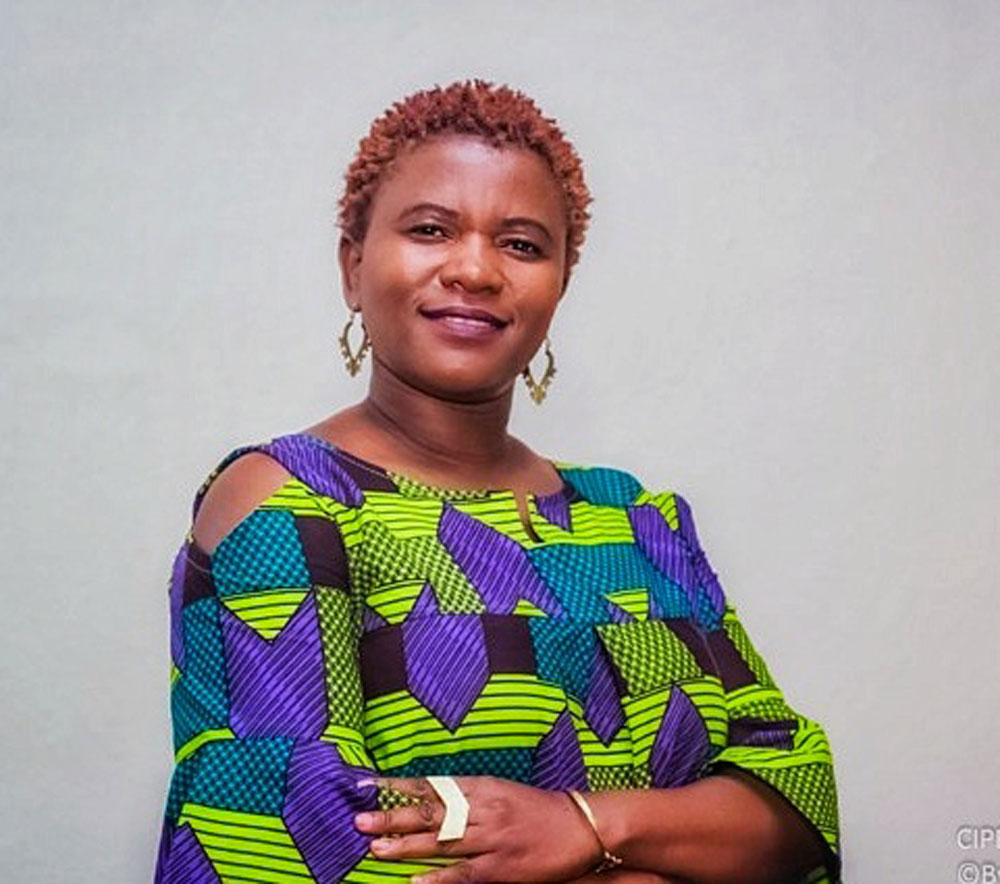
“Every woman I know [is] tired. I just spent five months in my village—where I was born and I lived eighteen years of my life—for the lockdown in Uganda. And women are tired. They’re doing all sorts of work to make things attainable, but there’s no time to rest. It’s like you can only rest when you’re old. It’s just like a luxury. And I see that, from even a rural woman to a woman working in the cities. Even when you have an education, and even when you think you are a middle-class woman in most African cities, you’ll find women go work a day job and come back home. The care work is not shared. The extra labor that women do is not recognized. It’s not paid. It’s not recognized. It’s not appreciated. And I would say that, me, I’m tired.”—Rosebell Kagumire, Journalist, Activist and Editor of AfricanFeminism.com.
ADDITIONAL RESOURCES:
- Heba Ally, “This global pandemic could transform humanitarianism forever. Here’s how,” The New Humanitarian, June 8, 2020.
- Rosebell Kagumire, “Black Lives Matter resonates with Africans pushing for decolonisation,” Global Reporting Centre, June 29, 2020.
- Jessica Horn, “Surviving Covid-19: Why we Need to Listen to African Women’s Organisations,” African Women’s Development Fund, April 9, 2020.
- Jessica Horn, “Thoughts on radical care in African feminist praxis” The Sociological Review, March 18, 2020.
- Erskine’s WeCie website
- On Twitter: Kagumire @RosebellK & Horn @stillSHErises
Photo Credits: Dorcas Erskine (subject); Jessica Horn (Bumi Thomas); Rosebell Kagumire (Bwette Daniel Gilbert)







